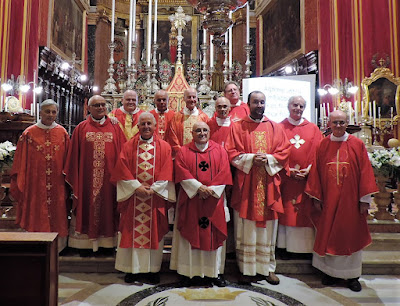
What to do when things go wrong around you?
There are days when everything you do seems to be going wrong. Projects you
plan to do are disrupted by sheer misfortune. An e-mail you sent was taken the
wrong way. You overhear untrue negative things said about you. Your favorite
teams keeps losing one match after another. Comments from people who should
appreciate you, seem to hurt you. etc, etc, etc. What can you do when such
things happen? Some suggestions may help......
1.
Accept the present
situation.
2.
Stick to the present. Rather than worrying about the future or
dwelling on the past, focus on what is actually happening now and what is
actually in your power to do now.
3.
Differentiate what you can and what you cannot change.
4.
Take one step, then another. Even if they're just baby steps,
keep moving.
5.
Rather than focusing on the worst case, think instead of what else
is possible.
6.
Look for the lesson. Challenging situations can often teach us
what we have left to learn.
7.
Keep a positive attitude by remaining focused on solutions,
skills, and strengths.
8.
Spend time with the people who support you.
9.
Appreciate the things going well, enjoy simple pleasures, and
try to find the hidden gifts in the difficult times.
10. Take
care of yourself. Pray.
11. Treat
yourself with love and respect.
12. Give
it the test of time. Ask yourself if this will mean the same thing in one,
five, or 10 years.
13. Move
your body, even if it's just walking for 10 minutes.
14. Laugh.
Watch a comedy. Call up a bubbly friend. Consider the stand-up routine version
of this situation.
15. Help
someone else in need.
16. Write.
Vent your frustrations about this situation, brainstorm strategies to get out
of it, or write about a more positive time in your life.
17. Find
a creative outlet.
18. Read
and reread motivational, inspirational, or encouraging words from others.
19. Get
outdoors and get inspired. Watch the sun rise or set. Listen to the birds. Take
it all in to gain perspective.
20. Give
yourself a minute to regroup. Assess damages, sort out what can and cannot be
done. Be patient.




























